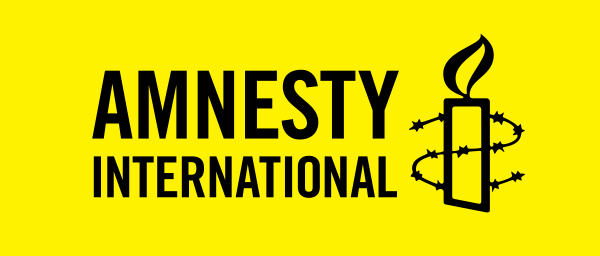 Urgentní
Urgentníakce
© Shams organisation for the decriminalization of homosexuality in Tunisia
Za sex se stejným pohlavím půjde student do vězení
Případ
LGBTI Diskriminace Tunisko publikován 30.10.2015
V Tunisku odsoudil studenta, známého pod přezdívkou "Marwan", k ročnímu vězení kvůli homosexuálnímu styku. Přiznání studenta získaly úřady výhružkami a za použití fyzického násilí. Policie navíc donutila Marwana podstoupit anální vyšetření, aby prokázala provozování homosexuálních praktik. Marwan se odvolal a čeká na verdikt soudu.
Soud první instance v Súse odsoudil 22. září studenta známého jako Marwan k ročnímu vězení podle článku 230 trestního zákoníku. Ten kriminalizuje vztahy stejného pohlaví. Soudní policie předvolala 22letého studenta Marwana k výslechu 6. září poté, co našla jeho číslo v telefonu muže, který byl zavražděn.
Během výslechu se Marwana dotazovali na jeho vztah k zavražděnému muži. Podle jeho právníka policisté nutili mladíka k přiznání homosexuálního vztahu se zavražděným. Použili proti němu fyzické násilí, vyhrožovali znásilněním a obviněním z vraždy, pokud by homosexuální vztah nepřiznal.
Ná žádost soudu podstoupil Marwan 11.září anální vyšetření. Posudek usvědčil Marwana z provozování homosexuálních praktik. Podle právníka se Marwan cítil zastrašený přítomností policie před vyšetřovací místností. Zároveň nevěděl, že mohl vyšetření, které považoval za velice ponižující, odmítnout.
Amnesty Internation věří, že neexistuje žádný vědecký základ pro takové anální vyšetření. Jde pouze o formu mučení a špatného zacházení s osobou, která je vyšetřována proti své vůli. Amnesty International věří, že uvěznění kohokoliv kvůli sexuální orientaci, pohlavní identitě nebo vědomému homosexuálnímu vztahu mezi dospělými a v soukromí, je vážné porušení lidských práv. Kdokoliv je zadržován na tomto základě, je vězněm svědomí a musí být okamžitě a bezpodmínečně propuštěn.
Aktuality
Článek publikován 8.1.2016
Marwan propuštěn
Student Marwan byl propuštěn na svobodu 17. prosince 2015, kdy mu původní trest byl snížen na dva měsíce.

